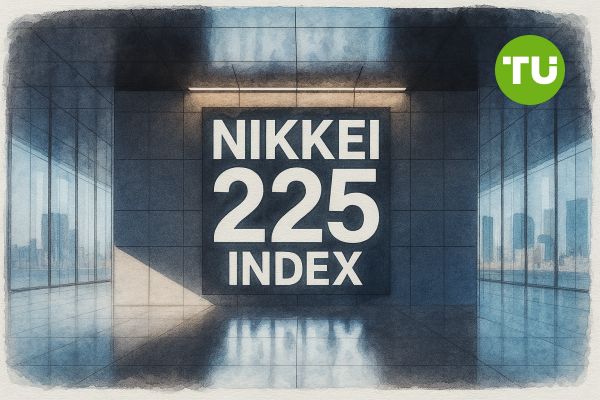Nikkei 225 index settles at 39,762 amid resistance near key psychological level
 Nikkei 225 pulls back as selling pressure builds below key resistance
Nikkei 225 pulls back as selling pressure builds below key resistance
Japan’s Nikkei 225 Index closed at 39,762.48 on July 2, easing from an intraday high of 39,943.62 after facing stiff resistance for the second straight session below the psychological 40,000 mark. The retreat follows a recent rally that lost steam near the 41,000 zone, a level previously marked by heavy selling in mid-2023 and early 2024.
Highlights
- Nikkei 225 ends lower at 39,762.48, retreating from earlier high of 39,943.62
- RSI and MACD indicate weakening momentum; 30-min RSI drops to 42.44
- Support at 39,300–39,400 remains key to maintaining the broader uptrend
While the broader bullish trend remains intact, current technicals signal short-term exhaustion.
Supply zone rejection slows upward momentum
Price action on the daily chart shows rejection wicks forming beneath 40,800–41,000, a known multi-month supply zone. The index’s inability to hold above 40,000 has triggered a pullback toward the breakout region between 39,400 and 39,500. This area, formerly resistance, now acts as a support shelf that bulls must defend to prevent deeper retracement.

Nikkei 225 index dynamics (Source: TradingView)
Short-term momentum has waned, with the 30-minute RSI dipping below its median to 42.44 and MACD registering a negative crossover. If weakness continues into the July 3 session, a test of 39,300 or even 38,800 could follow.
Support cluster offers near-term cushion
On the 4-hour chart, the Nikkei 225 is approaching a confluence of the 20- and 50-period EMAs near 39,300–39,450. These align with the lower Bollinger Band, offering potential support against further downside. A sustained rebound from this band may reinstate bullish momentum, but failure to hold it could result in a move toward the higher-timeframe support near 38,800.
Despite near-term pressure, the longer-term trendline from April’s lows remains intact. Price continues to hold well above the 100- and 200-period EMAs, now located at 38,017 and 37,717 respectively, preserving structural integrity.
As discussed in previous coverage, the Nikkei’s rally from the April breakout has been supported by strong institutional demand and upward channel dynamics. The current pause beneath resistance reflects consolidation rather than breakdown—unless key support gives way in the coming sessions.













































































































































